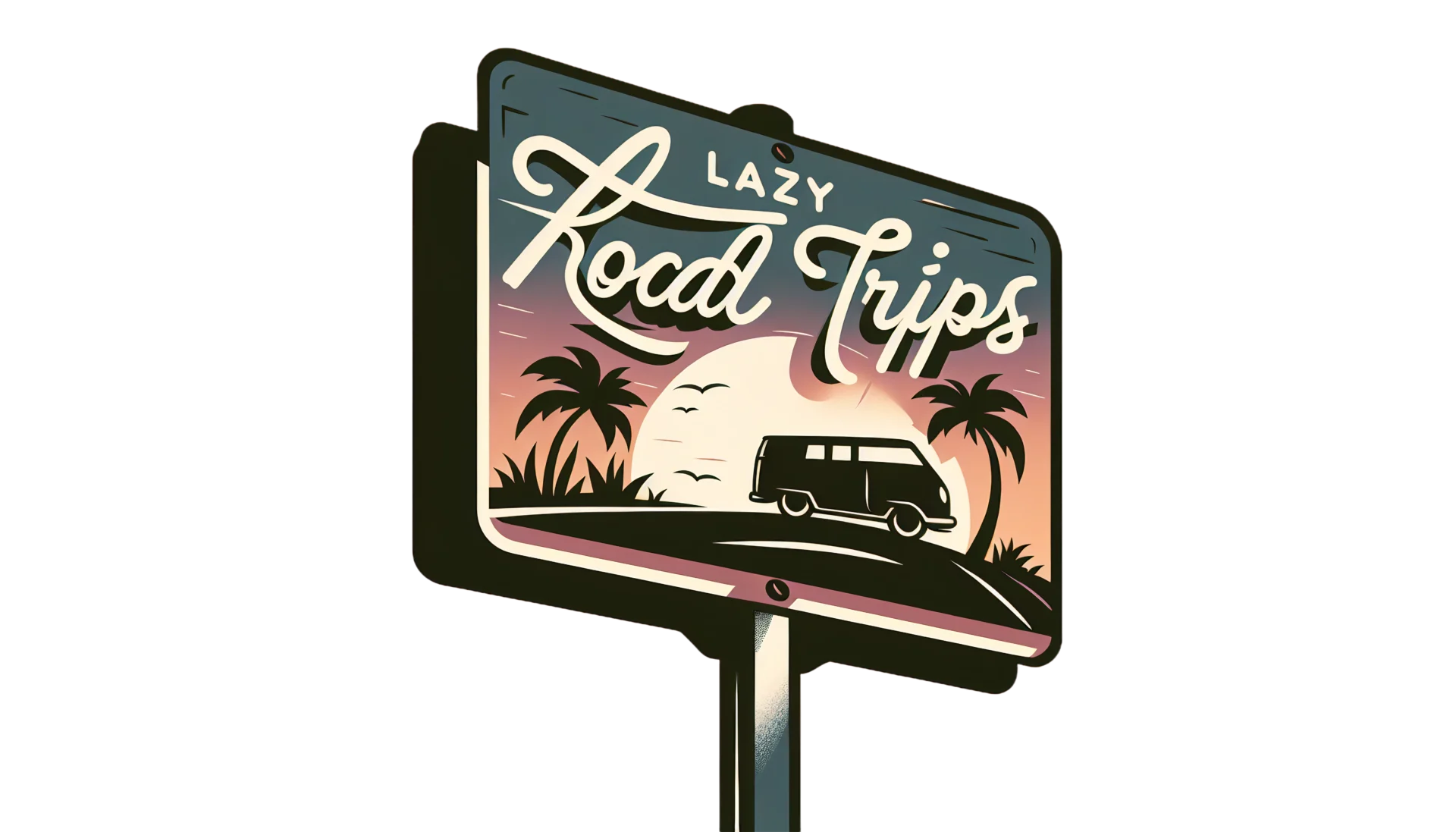In a recent Money.ca article, a woman asked financial expert Dave Ramsey about living in an RV full-time. She hoped this move would help her cut living expenses and pay off debt faster.
Ramsey responded with a mix of pros and cons. Let’s dig into his advice, look at what RV living really means, and toss in a few extra thoughts for anyone considering this adventurous, budget-friendly lifestyle.
Understanding the Appeal of Full-Time RV Living
Plenty of folks daydream about living in an RV full-time. The big draw? Saving money and having the freedom to travel.
Cutting down on monthly costs like rent, mortgage, utilities, and even groceries can feel pretty tempting. Plus, the idea of exploring new places while living simply has its own kind of charm.
Financial Benefits
Moving into an RV can help you slash expenses and put more cash toward debt or savings. Here are a few financial perks that come up a lot:
- Lower Housing Costs: Ditching rent or a mortgage lets you keep more of your paycheck.
- Reduced Utility Bills: RVs usually use less electricity and water than a regular house.
- Minimal Maintenance: Smaller space, less stuff to fix—maintenance costs often drop.
Challenges of Full-Time RV Living
Sure, saving money sounds great, but RV life isn’t all sunshine and open roads. There are some real challenges to think about.
Space Constraints
The small living space is probably the biggest adjustment. You’ll have to downsize your stuff and get used to a minimalist approach.
Some people love the simplicity, but it’s not always easy—especially if you’re used to having room to stretch out.
Mobility and Stability
Living in an RV means you’re often on the move. That can be thrilling, but it’s not always stable.
You might struggle to find steady internet, deal with unpredictable weather, or face unexpected vehicle repairs. Planning ahead becomes a necessity.
Dave Ramsey’s Perspective
When Ramsey replied to the woman’s question, he didn’t sugarcoat things. He saw the financial upside but also urged her to consider the practical and emotional realities.
Financial Prudence
Ramsey stressed the need to make sure the numbers add up. He suggested tallying up all possible costs—buying the RV, maintenance, insurance, fuel, and travel.
He also recommended setting a clear plan for paying off debt and saving, so the lifestyle change actually helps in the long run.
Emotional and Practical Considerations
Ramsey also reminded her to think about comfort, safety, and how RV life might affect her social world. It’s not just about money—it’s about feeling good and staying connected.
Additional Insights for Aspiring Full-Time RVers
Thinking about making the leap? Here are a few more tips that might help you get ready:
Research and Planning
Do your homework before you dive in. Planning ahead can save you headaches down the road.
- Budgeting: Map out a realistic budget for everything—RV purchase, repairs, gas, campground fees, the works.
- Trial Run: Take a few long trips first. See if living in an RV actually fits your style.
- Downsizing: Start letting go of extra stuff now. The less you have, the easier the move gets.
Community and Support
Plug into the RV community. Online forums, social groups, and meetups can be a goldmine of advice and encouragement.
Other RVers often share tips and stories that you just won’t find anywhere else.
Health and Safety
Don’t forget about your health and safety. Keep your RV in good shape, invest in quality safety gear, and have a plan for emergencies.
Staying healthy and prepared will make the journey a whole lot smoother—and honestly, it’s worth the peace of mind.
Conclusion
Living in an RV full-time? It can be rewarding and save you money, but only if you’re ready for the ups and downs. You’ll want to think through the financial, practical, and emotional stuff before diving in.
If you’re curious about how to handle money or debt while living on the road, you might find this article on Money.ca useful: Dave Ramsey Responds to Woman Considering RV Living.


